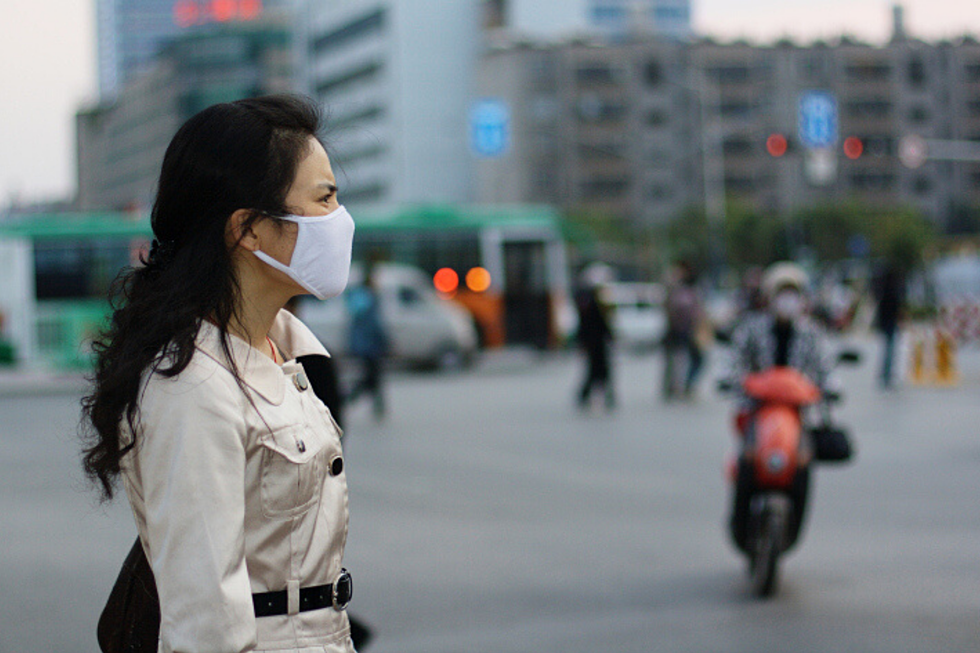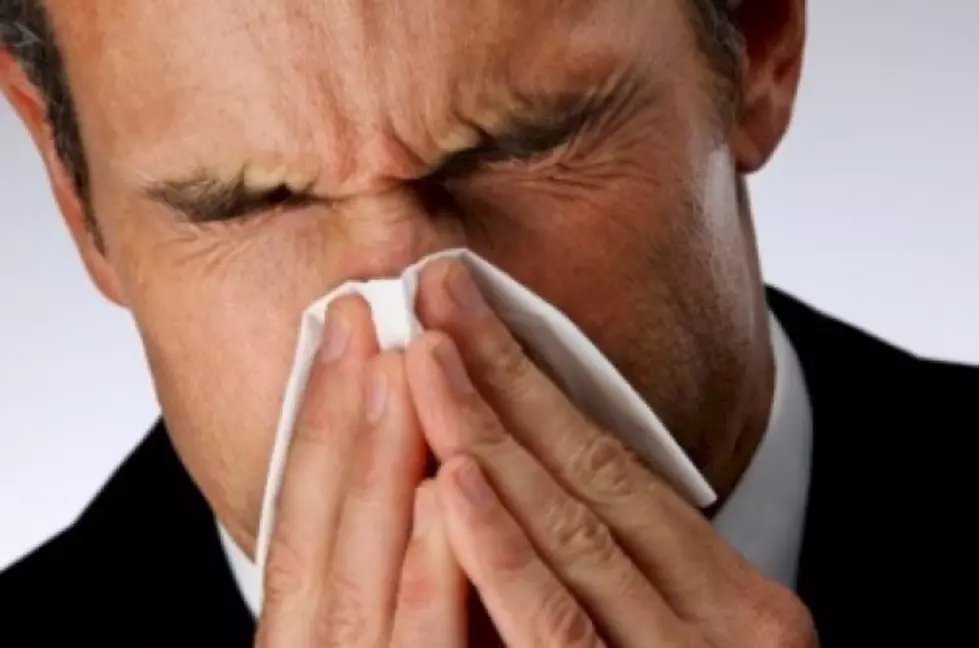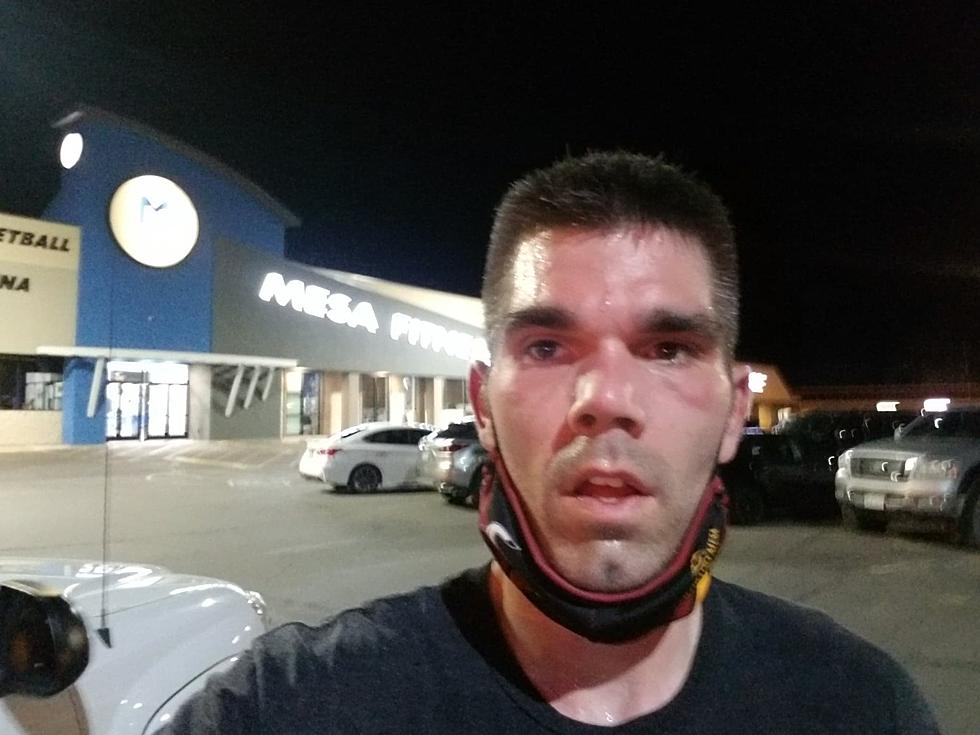
What Coloradoans Should Know About Coronavirus
The world is on edge with the outbreak of coronavirus in China, but should the people of Colorado be concerned?
The Colorado Department of Public Health and Environment has issued a statement outlining what it doesn't know about the potentially fatal virus 2019-nCOV.
What it does know is that the risk to most people is low. Those who are at greatest risk are those who have traveled to China recently or have had close contact with someone diagnosed with the virus.
The CDPHE says that are several kinds of coronaviruses that are currently circulating in Colorado, but none are the 2019-nCOV. Symptoms of a coronavirus infection include fever, cough and/or shortness of breath and appear within two to 14 days after exposure.
Here is what the Health Department doesn't know in regards to the current coronavirus outbreak.
It says they "don't know how the illness will unfold in Colorado" but most people are not likely to be exposed. The department says they don't know how severe 2019-n-COV is compared to other coronaviruses, though it can cause pneumonia.
Additionally, the Health Department says it doesn't know "exactly how or how easily 2019-nCOV can spread between humans," though it's believed to spread like other coronaviruses - through coughing, sneezing, or close personal contact.
The CDPHE is investigating all possible cases in Colorado of 2019-n-COV and working with the Centers for Disease Control and other agencies to ensure the best possible response.
The best prevention practices are typical: Wash your hands frequently with soap and water; avoid close contact with anyone with flu-like symptoms: cover your nose and mouth when coughing or sneezing; stay home if you're sick, and get an annual flu vaccine.

More From Kool 107.9









